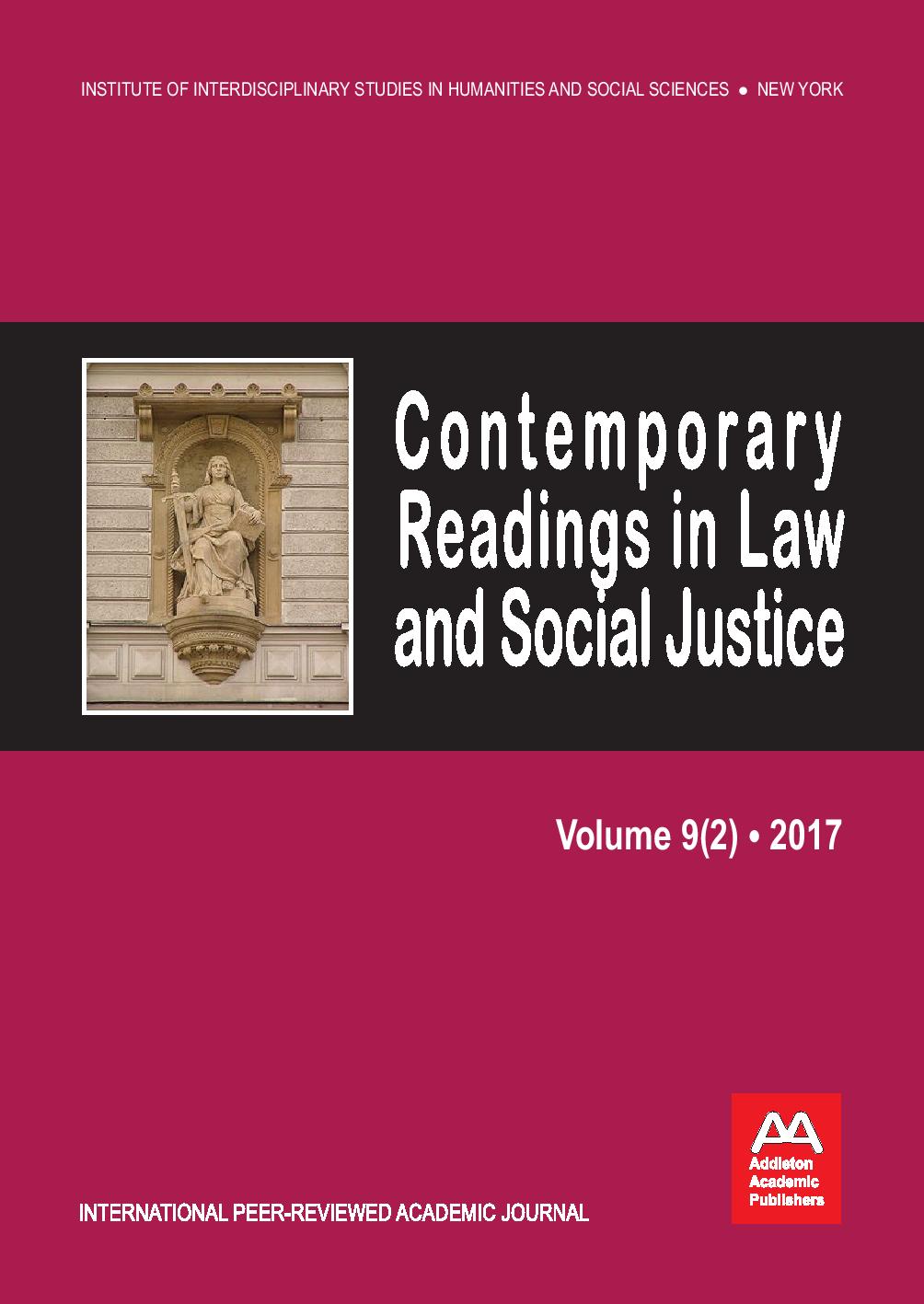“PUBLIC INTEREST,” JUDICIAL REASONING AND VIOLENCE OF THE LAW: CONSTRUCTING BOUNDARIES OF THE “MORALLY ACCEPTABLE”
“PUBLIC INTEREST,” JUDICIAL REASONING AND VIOLENCE OF THE LAW: CONSTRUCTING BOUNDARIES OF THE “MORALLY ACCEPTABLE”
Author(s): Alexandra V. OrlovaSubject(s): Gender Studies, Law, Constitution, Jurisprudence
Published by: Addleton Academic Publishers
Keywords: “public interest”; balancing of constitutional rights; public sphere; gay identities;
Summary/Abstract: Constitutional courts have a major role to play in not only defining such concepts as “public interest” and “public harm” but also in contributing to the process of shaping society’s perceptions of acceptable boundaries of citizenship and defining which individuals and actions should be left outside the scope of the “morally acceptable.” In other words, constitutional courts are at the forefront of determining the extent to which the “plurality of values” can be accommodated in a democratic society, which interests take precedence and under what circumstances. This article examines the uncertain boundaries of “public interest” and the place of equality in regards to gay students within varying educational contexts. Through the examination of Trinity Western University case law, this article examines the capacity of judicial reasoning to either perpetuate violence or to find, identify and “transform the sources and effects of violence,” while recognizing the intersectionality of inequalities.
Journal: Contemporary Readings in Law and Social Justice
- Issue Year: 9/2017
- Issue No: 2
- Page Range: 51-80
- Page Count: 30
- Language: English
- Content File-PDF

